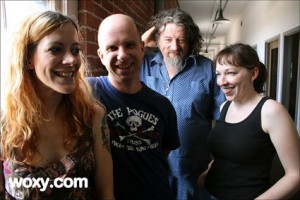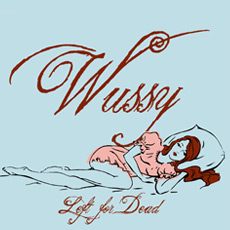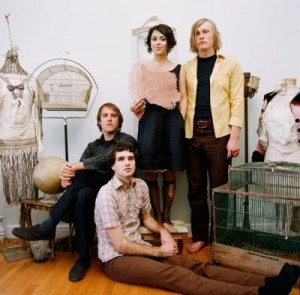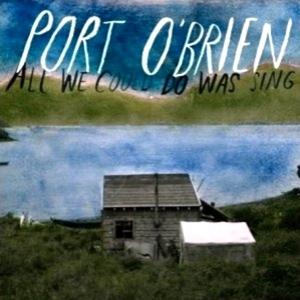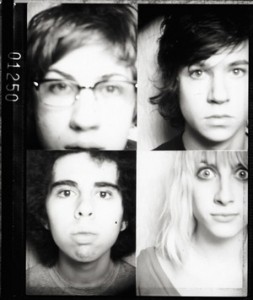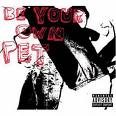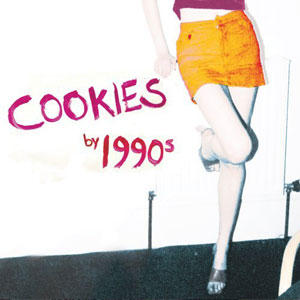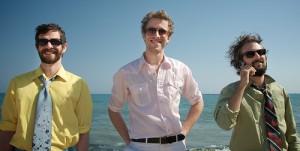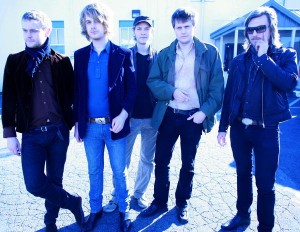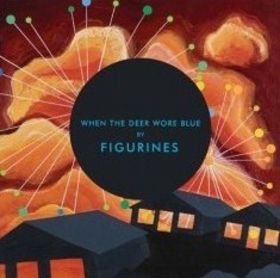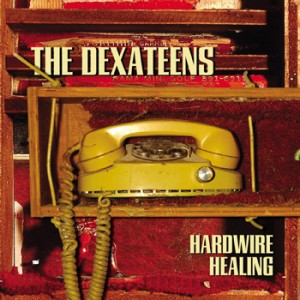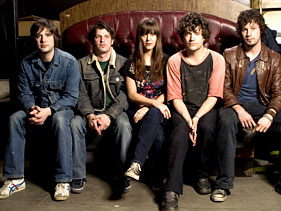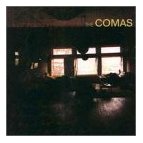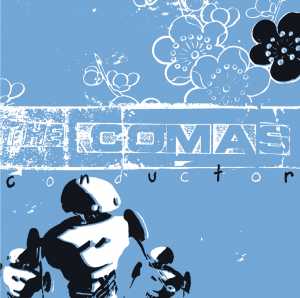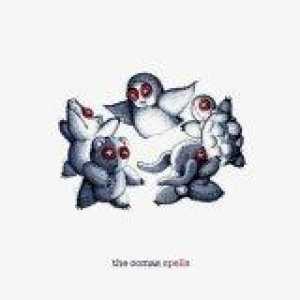 FOREWORD: This article appeared in Aquarian Weekly during 2006 in support of Dappled Cities breakthrough, Granddance. By 2009, they’d score bigger with Zounds, which found little success in America but had great chart action Down Under.
FOREWORD: This article appeared in Aquarian Weekly during 2006 in support of Dappled Cities breakthrough, Granddance. By 2009, they’d score bigger with Zounds, which found little success in America but had great chart action Down Under.
Could another Australian band capture the hearts and minds of mainstream America the way Men At Work, Midnight Oil, and Inxs did during their early ‘80s heyday?
Perhaps youthful Sydney quintet, Dappled Cities, will vault its country’s expansive barrier reef to universal greatness. The potent troupe’s sadly sweet twilight ruminations extend the newly vintage orchestral pop lineage linking Flaming Lips, Radiohead, Coldplay, and Interpol, admirable forerunners who’ve determinedly accrued genuine weightiness in the past decade.
Issuing one promising long-play entrée as mere adolescents, dual harmonizing guitarists Dave Rennick and Tim Derricourt, plus bassist Alex Moore and drummer Hugh Boyce, who’d grown up and attended high school together, began to see the world as its oyster. Soon, they’d become reacquainted with homegrown companion, keyboardist Ned Cooke, and attain heightened cult status.
In 2006, Dappled Cities took a monthly residency within outlying proximity of the Hollywood studio where two well regarded indie artists waited to tweak knobs, lend a sympathetic ear, and broaden their tranquil luminescent melodies.
And so it was. Jim Fairchild, formerly of ingenious laptop experimentalists Grandaddy, and his sometime collaborator, haunted solo artisan Peter Walker, furnished crisp production, elegant textural flourishes, sturdier resonance, and sound advice to the resolute combo’s humble fare.
Jointly, they brilliantly rose to the challenge, constructing the fiercely compelling and beautifully eloquent stunners cementing the ambitious Granddance. So now’s time for Dappled Cities disarmingly seductive odysseys to be wisely endorsed by at least the vital underground sector here in the US and A.
 At Manhattan hotspot, Mercury Lounge, on a brisk November eve, each successively flawless Dappled Cities tune deepened the dynamic magnitude and overall emotional impact of their absolutely assured 50-minute set. Pretty astral swirls glistened through many swoon-worthy pieces, summoning fellow Aussies the Go-Betweens’ ripened post-punk subtleties as well as the plush New Romantic pastiche dreamy-eyed ‘80s castaways Simple Minds, Thompson Twins, and Spandau Ballet once dabbled in. Derricourt possessed a chirpier falsetto than Rennick, who’s unafraid to counter his own lithesome high-pitched wails with husky baritone jabs. A brand new composition inspired by New York City, “The Night Is Young At Heart,” placed a kickin’ drum beat next to lucid spaghetti western-derived 6-string twanging while Rennick poured out a wellspring of heartfelt sentiments.
At Manhattan hotspot, Mercury Lounge, on a brisk November eve, each successively flawless Dappled Cities tune deepened the dynamic magnitude and overall emotional impact of their absolutely assured 50-minute set. Pretty astral swirls glistened through many swoon-worthy pieces, summoning fellow Aussies the Go-Betweens’ ripened post-punk subtleties as well as the plush New Romantic pastiche dreamy-eyed ‘80s castaways Simple Minds, Thompson Twins, and Spandau Ballet once dabbled in. Derricourt possessed a chirpier falsetto than Rennick, who’s unafraid to counter his own lithesome high-pitched wails with husky baritone jabs. A brand new composition inspired by New York City, “The Night Is Young At Heart,” placed a kickin’ drum beat next to lucid spaghetti western-derived 6-string twanging while Rennick poured out a wellspring of heartfelt sentiments.
“We’re not the kind of band that says, ‘strap your belt on and go out and fight the power.’ We’re not singing anything as empowering,” Derricourt insists as we speak prior to Dappled Cities efficient performance. “It’s not a go-get-her we-can-change the-world voice. We see more ponderous things happening around us.”
Though Derricourt’s early influences are undeniably standard – the Beatles, Elvis, and the melancholic country-folk of Emmylou Harris and Neil Young – his incipient foray into music was more akin to Nirvana.
“When we formed the band, we were heavily into grunge mixed nicely with pop,” Derricourt declares.
“Grunge was in fashion and had a big impact,” Rennick agrees, though admitting its loud visceral vim doesn’t affect Dappled Cities’ current collective muse. He laughs, “We’ve got nothing to show for it. I wanted to be a rock star.”
Meanwhile, bassist Moore and drummer Boyce were not only enamored with grunge, but also weirder alt-rock affiliates such as Ween and Mr. Bungle. Classically trained Cooke, who recently came aboard to add symphonic breadth and faux-string nuances to the starry groove, believes “the more you hang out in the United States, the more your tastes converge.” He found spending time in Los Angeles recording Granddance with Fairchild to be very fortuitous since their musical inclinations intertwined nicely.
Rennick offers, “Fairchild was another brain in the works. In the studio, we worked well together and told lewd stories. We lived in a hotel in sunny Glendale, which was mall suburbia. The album may’ve been affected by the limitations of that environment. We were in a city we didn’t know and had to drive everywhere, which we don’t like.”
Rennick then ponders what Granddance would sound like if it’d been recorded at the beach a few miles west instead of in sycophantic Hollyweird.
But quickly, Cooke indirectly chimes in. “Every piece of equipment we used was historic. We used John Lennon’s mellotron.”
Derricourt funnily counters, “I think we used Pete Townshend’s dildo on one song.”
So how’d the waggish crew align themselves with such a wrangling ‘dappled’ moniker considering their music doesn’t seem dark and blotchy enough to warrant its bleakly urban validation?
“It’s more poetic than meaningful,” Derricourt suggests. “There’s purple and blue shades. You think of cities as grimy in New York City. But I think of them as cities in the sky.”
One thing’s certain, there’s not much Australian competition for the type of orch-pop Dappled Cities neatly craft. Augie March were arguably the best practitioners of this so-called symphonic rock Down Under, but after their first few albums, they became too clean, predictable, and boring, according to the band. At the same time, though, Augie March found overseas sales gains way past their ’96 outset. Then again, the U.S. could be quite constricting for anything too far left of Arcade Fire’s dirge-y slumbers, especially since some of the best modern works are inconveniently overshadowed by trendy fashion plates.
Derricourt complains, “It’s the same kit and caboodle in Australia. The top 40 is the same. You’d never know it by taking a glance at the place, but most of the greatest art ever created still comes from America.”
Written and recorded over four years when its members were 16 to 20 years old, Dappled Cities’ formative ’04 debut, A Smile, received local airplay and afforded the band much needed early exposure. Differing immensely, its majestic follow-up, Granddance, was done in one block of time, retained better cohesion, and collected a group of songs drafted over a succinct nine month period with Cooke’s keyboards augmenting the melodic grandeur. In general, Rennick’s compositional contour, chords, and lyrics appear more complicated contrasted against Derricourt’s enchantingly traditional acumen.
“The songs work in unison like two sides of a coin,” observes Rennick. “We spend a lot of time amongst the five of us structuring arrangements. The initial songwriting differences get fleshed out by the band.”
On clock-ticking wake up call, “Holy Chord,” spindly Strokes-like guitars adjoin an underlying syncopated rhythm gradually relinquished for full-on rhapsodic ebullition. And Derricourt’s fluttering trembled quivers go heavenward as he searches profusely for the sanctified lost chord.
The nearly balladic entreaty, “Work It Out,” rises and falls surreptitiously, swelling and contracting above marching drums while begging for reprieve. Sepia-toned “Beach” camouflages its desirousness with a bleak minimalist resignation Scottish depressants Blue Nile seemingly deserted nowadays. On the astonishingly effectual gem “Fire Fire Fire,” Rennick’s fervently whirred verses assimilate Morrissey’s debonair flamboyance as soothing angular guitars head skyward.
“Maybe we thought it’d turn heads more with its (scorching) title,” concedes Rennick. “It’s really just nostalgic feelings expressed there.”
As for outside and future endeavors, Derricourt says, “Dave and I did a short film or two each and music for a puppet show. Our music would also fit nicely in large cinemas. We want to keep touring America and develop over each album. With each new batch of recordings we’re gonna buckle down and strive forward.”
Surprisingly, Dappled Cities haven’t toured Europe yet. However, taking into account Granddance’s intrinsic minor key intoxicants and alluringly captivating upbeat transitions, can European success be too far off?
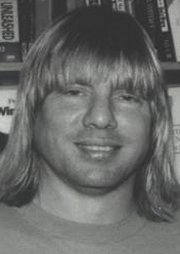 Modern indie rock couldn’t exist in its fullest form without shy, soft-spoken San Franciscan rock aficionado Greg Shaw, a.k.a. ‘The Pope of Punk’ and ‘Father of Rock Journalism.’ In late October ’04, the venerable renegade succumbed to heart failure after beating life-threatening kidney disease during ’98.
Modern indie rock couldn’t exist in its fullest form without shy, soft-spoken San Franciscan rock aficionado Greg Shaw, a.k.a. ‘The Pope of Punk’ and ‘Father of Rock Journalism.’ In late October ’04, the venerable renegade succumbed to heart failure after beating life-threatening kidney disease during ’98.
